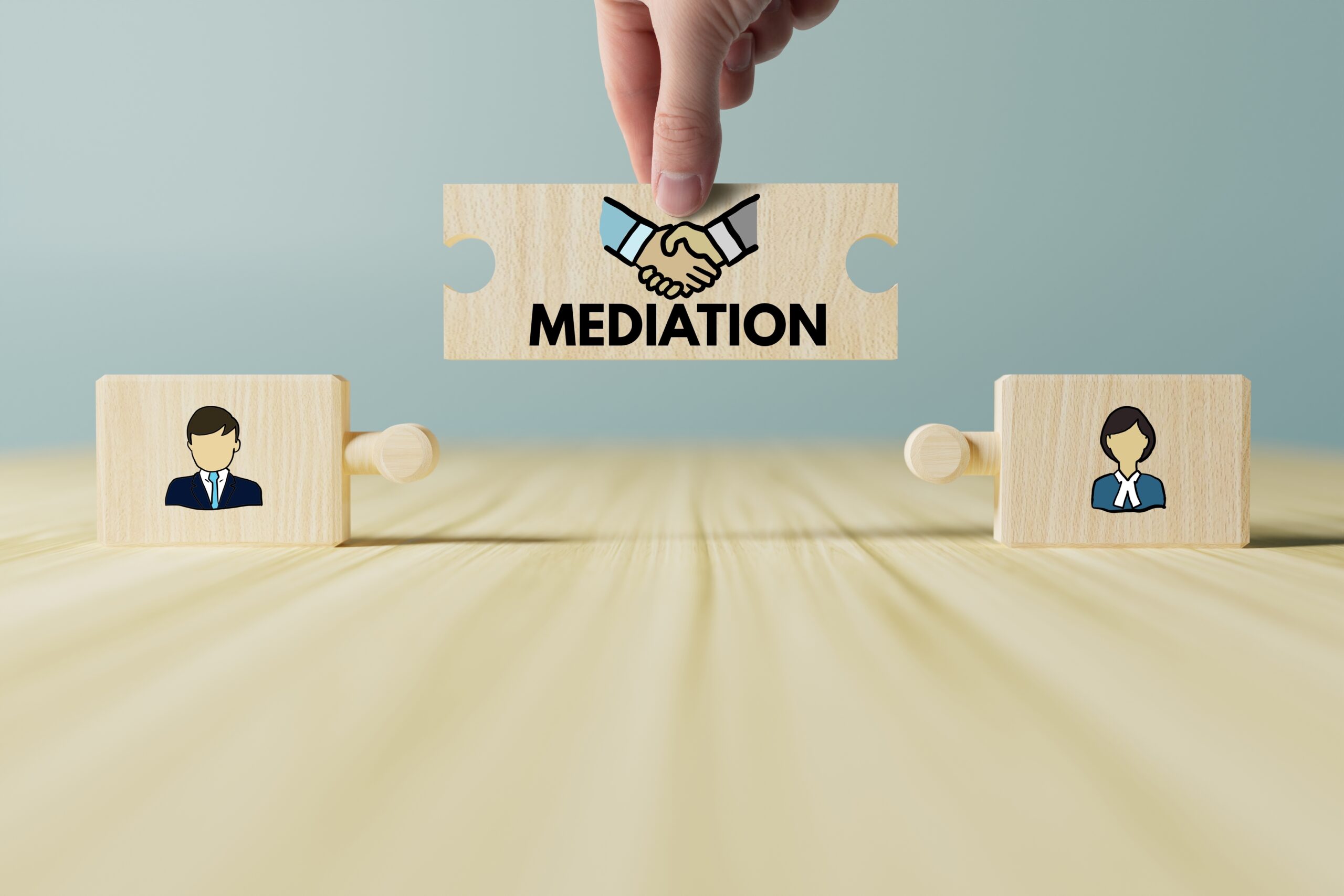The Power of Mediation in Divorce and Custody Matters
In the last two decades, mediation has emerged as a vital resource for couples navigating divorce and custody disputes. This collaborative approach offers a way to resolve conflicts amicably without resorting to the adversarial nature of litigation. At Washington, Dreyer & Associates, we have guided hundreds of clients through mediation, helping them achieve peaceful resolutions. This blog explores the mediation process, its benefits and drawbacks, and tips for a successful mediation experience. What Happens in Mediation? Mediation involves parties meeting with a neutral mediator, either alone or with their attorneys. The mediator’s role is not to make decisions but to facilitate a mutually agreeable resolution. Once an agreement is reached, the mediator drafts a document that can be submitted to a judge for approval. This document can serve as a temporary or final order for the divorce. Pros and Cons of Mediation Pros of Mediation Efficiency: Mediation can expedite the divorce process. Parties can choose to engage in mediation early and often, leading to quicker resolutions. Reduced Conflict: Mediation encourages cooperation and can resolve cases without the need for extensive litigation. This helps preserve family relationships, which can be crucial post-divorce. Cons of Mediation Potential for Unresolved Issues: Mediation is a collaborative process, meaning that both parties must agree for a resolution to be reached. If no agreement is made, litigation may be necessary. Time Commitment: Mediation can be time-consuming, sometimes requiring several hours to reach a resolution. Patience and preparedness are essential. Why Mediation Works Mediation is a cooperative method for resolving divorces and custody disputes. By avoiding the adversarial nature of litigation, mediation allows families to maintain healthier relationships. Our experience at Washington, Dreyer & Associates has shown that mediation often leads to more satisfactory outcomes for all involved. Tips for a Successful Mediation Maintain Positive Relations: Ensure you are on amicable terms with the other party before entering mediation. Cooperation is key to resolving issues. Be Prepared with Documents: Gather all relevant documents in their most current form, such as bills, retirement accounts, assets, and debts. This preparation helps facilitate discussions and decisions. Bring Time and Patience: Mediation sessions can vary in length. Be prepared to invest the necessary time and remain patient throughout the process. The Mediation Process: A Closer Look During mediation, the mediator guides discussions on various issues, such as property division, child custody, and support arrangements. The mediator helps the parties explore different options and find common ground. Once an agreement is reached, it is documented and can be submitted to the court for approval, streamlining the legal process. The Role of a Mediator A mediator is a neutral third party who assists in facilitating discussions and negotiations. At Washington, Dreyer & Associates, our certified mediators are experienced in guiding clients through this process. They help ensure that discussions remain productive and focused on finding mutually acceptable solutions. Conclusion Mediation offers a collaborative and efficient way to resolve divorce and custody matters. By fostering cooperation and reducing conflict, mediation helps families move forward with less stress and disruption. At Washington, Dreyer & Associates, we are committed to helping our clients achieve successful mediation outcomes. If you are considering mediation for your divorce or custody case, contact Washington, Dreyer & Associates today. Our certified mediators are here to guide you through the process and help you achieve a peaceful resolution. Don’t hesitate to reach out for more information or to schedule a consultation. Let us help you navigate this challenging time with compassion.








